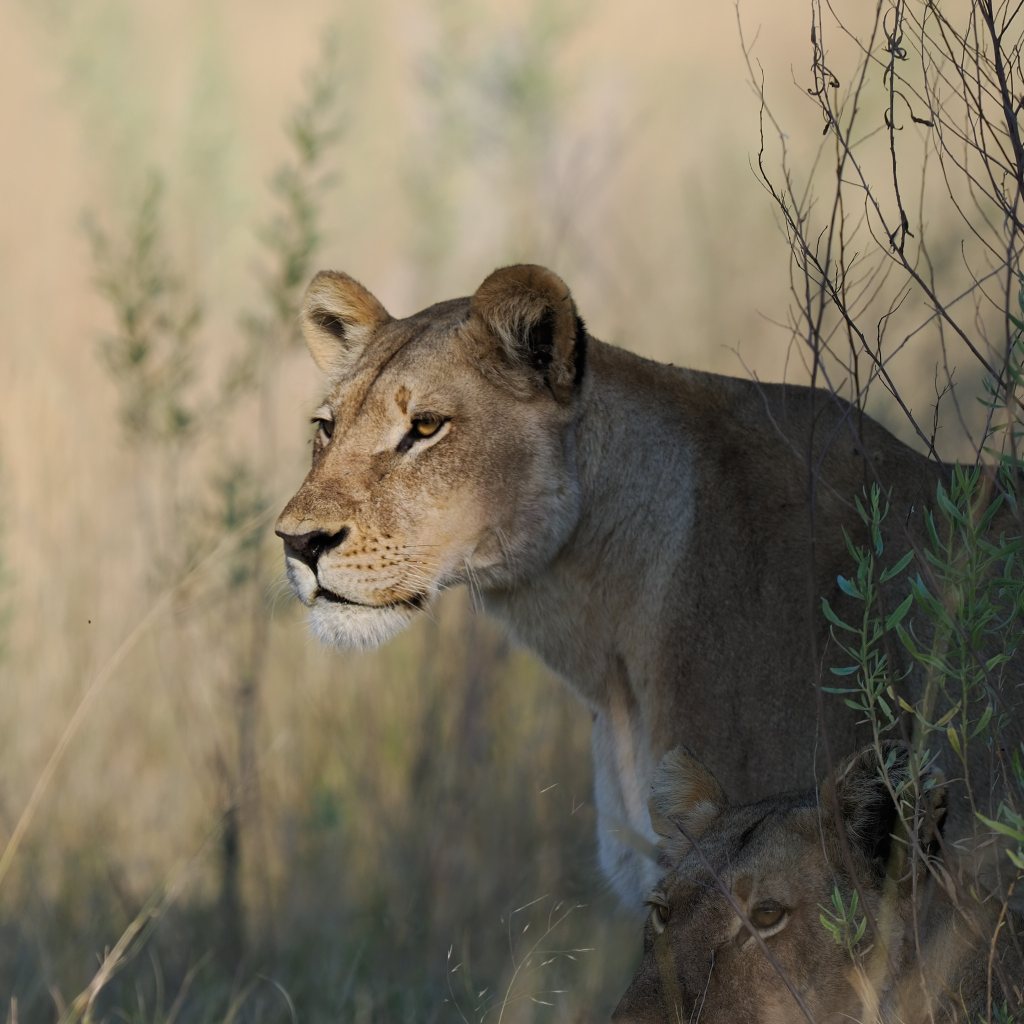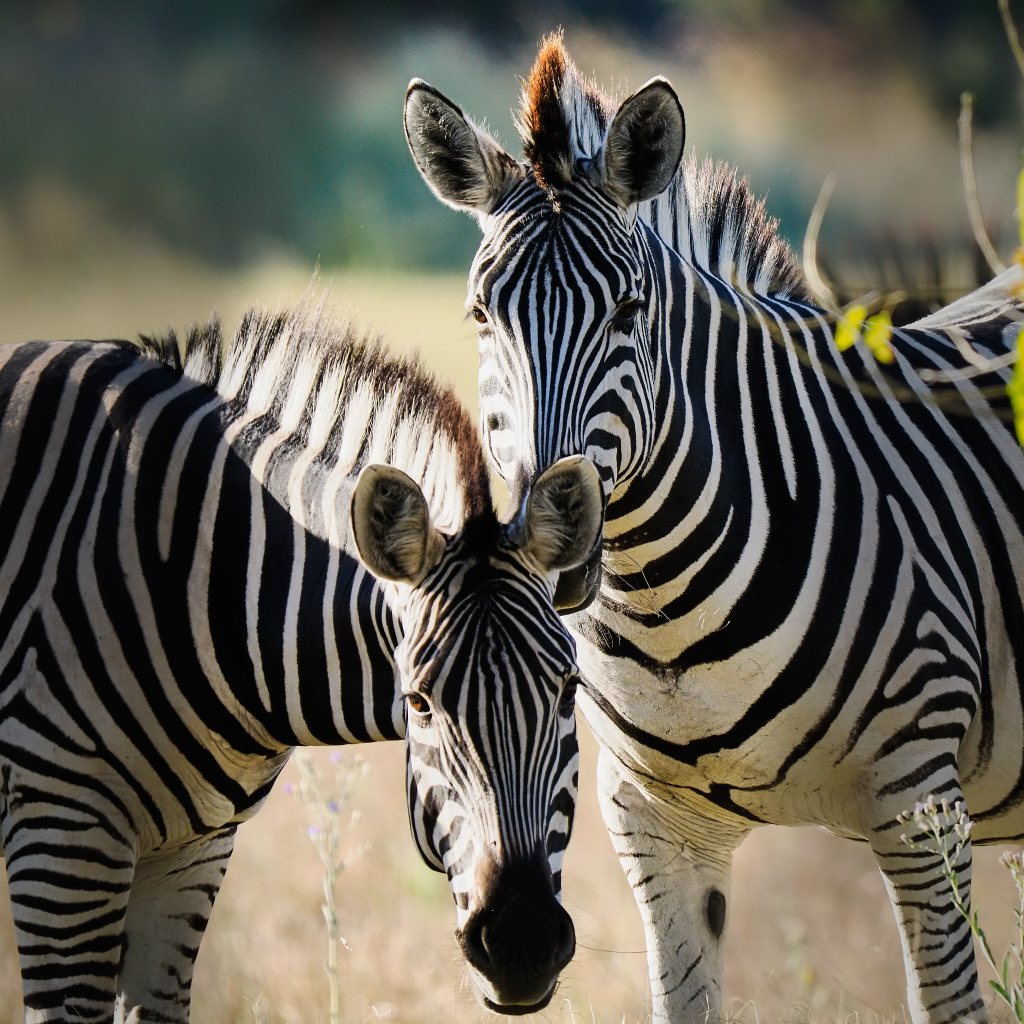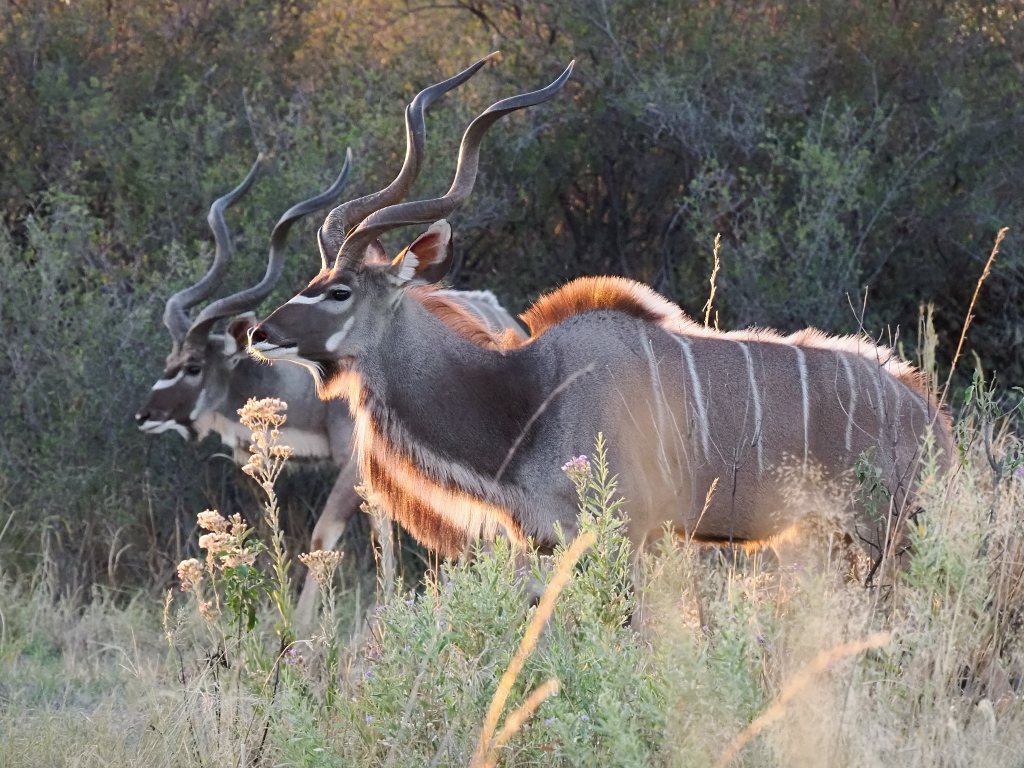A national government has the responsibility for making the most of a country’s resources and sharing the benefits among its peoples. In Zimbabwe during the Mugarbage era the national wealth went down whilst the personal wealth of Mugabe and his cronies went up. A kleptocracy working just the way its rulers wanted. Across the border in Botswana things seem to have gone very much better. Botswana is considered the least corrupt country in Africa, the economy is growing healthily and per capita purchasing power is above the world average.
Botswana is essentially a dry country but with a water supply from beyond its borders. The Kalahari Desert is in the centre and south west, The Okavango Delta is in the northwest. The country is about the same size as France.
The population is about 2.7 million people, population density being 5 people per Km2. They are not evenly spread, about 69% live in a town, the largest being Gaborone, the capital in the southeast of the country, with a population of a little over 208,000. The population of Botswana is slowly increasing.
Diamond mining is the mainstay of Botswana’s economy, about half of government revenue comes from diamonds. A lot of pretty eggs, one basket. Tourism, number two in importance, accounts for a little over 10% of GDP. A large proportion of the rural population depend on subsistence cropping and cattle farming.
The tourists go mainly to the Delta because it’s beautiful, wildlife is abundant and the facilities are first class. Flying in adds to the sense of space and wilderness as does the absence of power lines and fences. The set up depends on concessions. The Government holds on to the dirt. Business leases the opportunity to build and run lodges. Do a good job, upgrade facilities and you may be granted the opportunity to renew when the lease runs out.
A World Bank Technical Report, An introduction to tourism concessioning: 14 characteristics of successful programs cites as an example …
“Okavango Wilderness Safaris has a concession for Mombo Camp in Moremi Game Reserve, in the heart of the Okavango Delta World Heritage Site.
The lodge is highly profitable, achieving an average occupancy of 70% between 2009 and 2013, with a rack rate of US$2,413 per person, per night in the high season. During this period, the lease fees and taxes paid generated US$6 million to government, and over US$3.7 million was spent on staff costs (of whom 75% are local Batswana).”
Kudos to the government. So why is this post entitled Balancing Act? In part because of the fences that you didn’t see. Cattle was culturally and economically numero uno prior to diamonds and tourists and it still is to the rural population. The market for beef is the EU. To satisfy the EU on health grounds Botswana has to keep the cattle and the wildlife apart especially the buffalo. That means Veterinary Fences. Over 10,000km of veterinary fences. Namibia next door to the west also has its share of veterinary fences. The fences cut migration routes that have existed for millennia. Water floods into the Delta in the dry season. Animals migrate to the periphery in search of pasture. As the land dries out they move back into the heart of the Delta. Unless they died against the fences.
Over all wildlife numbers have declined since the first fence was erected in 1958. On the other side of the coin, if the fences come down will the cattle move in, elephants and buffalo move out, conflict with farmers increase?
What about the water? The rain falls in Angola. They have first dibs. If it leaves there it has to cross the Caprivi Strip of Namibia, a colonial oddity that enabled the German overlords access to the Zambese. If it is diverted there to the extent that there is too little to flood the Delta then the Kalahari increases in size and the Delta dies.
And power! Botswana purchases electricity from South Africa and presently all they have to sell is rolling blackouts. That is an issue that the government of Botswana has already begun to address.
Botswana has done a great job. They need to keep it up. There’s a tricky road ahead.


